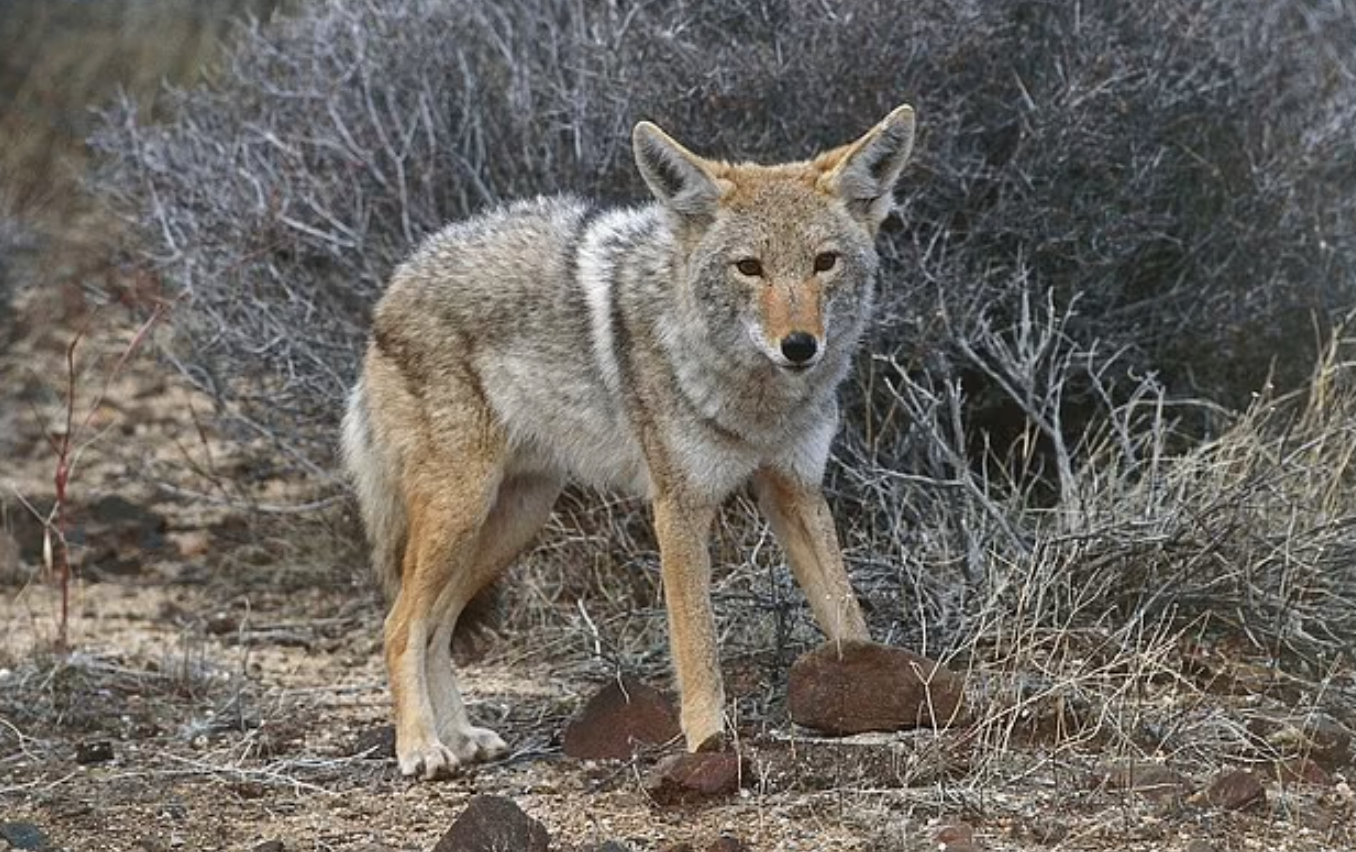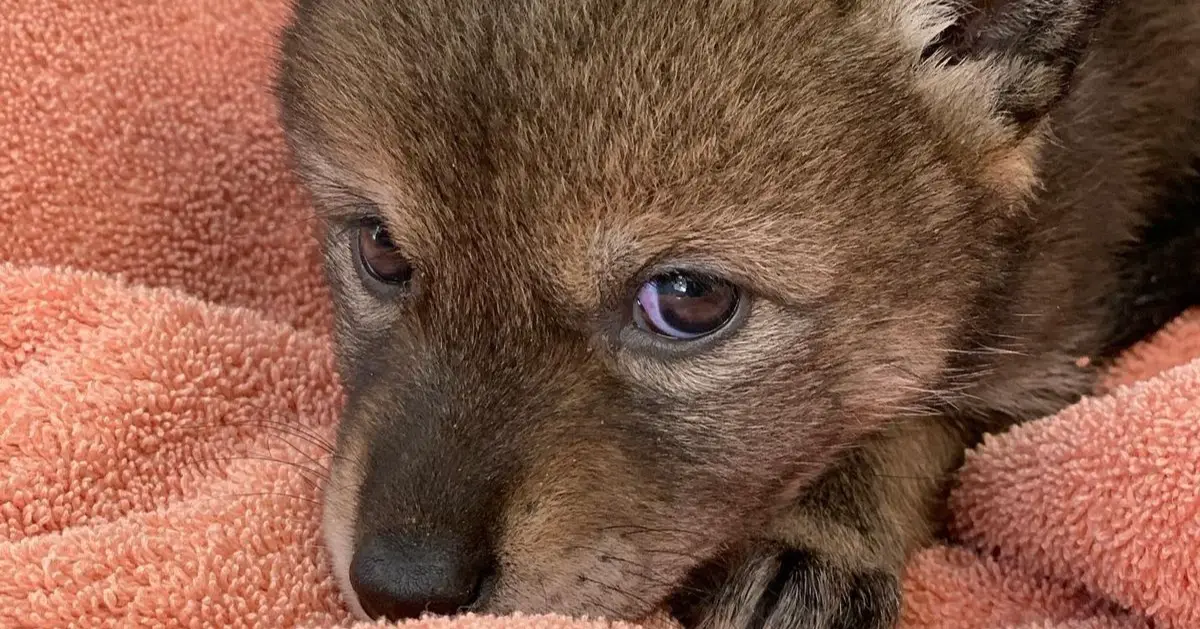A family in Massachusetts ended up with more than they expected when they rescued what they thought was a lost puppy, only to discover that it was actually a baby coyote. The New England Wildlife Center reported that the young eastern coyote had become separated from its pack and was found distressed and wandering along a busy road in Cape Cod last month.
“He was then accidentally taken home by a local family after they mistakenly identified him as a lost puppy,” New England Wildlife Center wrote on Facebook. ‘After realizing their mix up they called us for assistance. They [the staff] were able to very quickly identify it as a coyote, who was definitely still at an age where he should’ve been with the parents.”

After being assessed for rabies and receiving its initial vaccinations, the coyote pup, estimated to be approximately five to six weeks old, will be raised temporarily at the wildlife center. The center plans to house the young coyote with a female coyote pup, aged between three and four weeks, who was recently brought over from the Wildlife Clinic of Rhode Island. This socialization with a foster sibling is crucial for coyotes, given their social nature.
“One of the best things you can do for a young pup that’s lost its family is at least provide a sibling of similar age,” Zack Mertz, executive director of the Cape Wildlife Center told CNN. “This way they can learn as much as they can from each other.”

While the wildlife center stated that this particular case had a positive outcome, it could have gone very wrong. In Massachusetts, coyotes are classified as a rabies vector species, which indicates that they are known to frequently transmit rabies to other animals or humans.
“If the finders had been bitten, scratched, or had extended contact we would have been mandated to euthanize the pup and test for rabies,” the Facebook post reads. “We are grateful to every single person who takes time out of their day to help wildlife when they are [in] need, but we always encourage people to call the appropriate resources prior to intervening, it can help keep all involved safe!”

